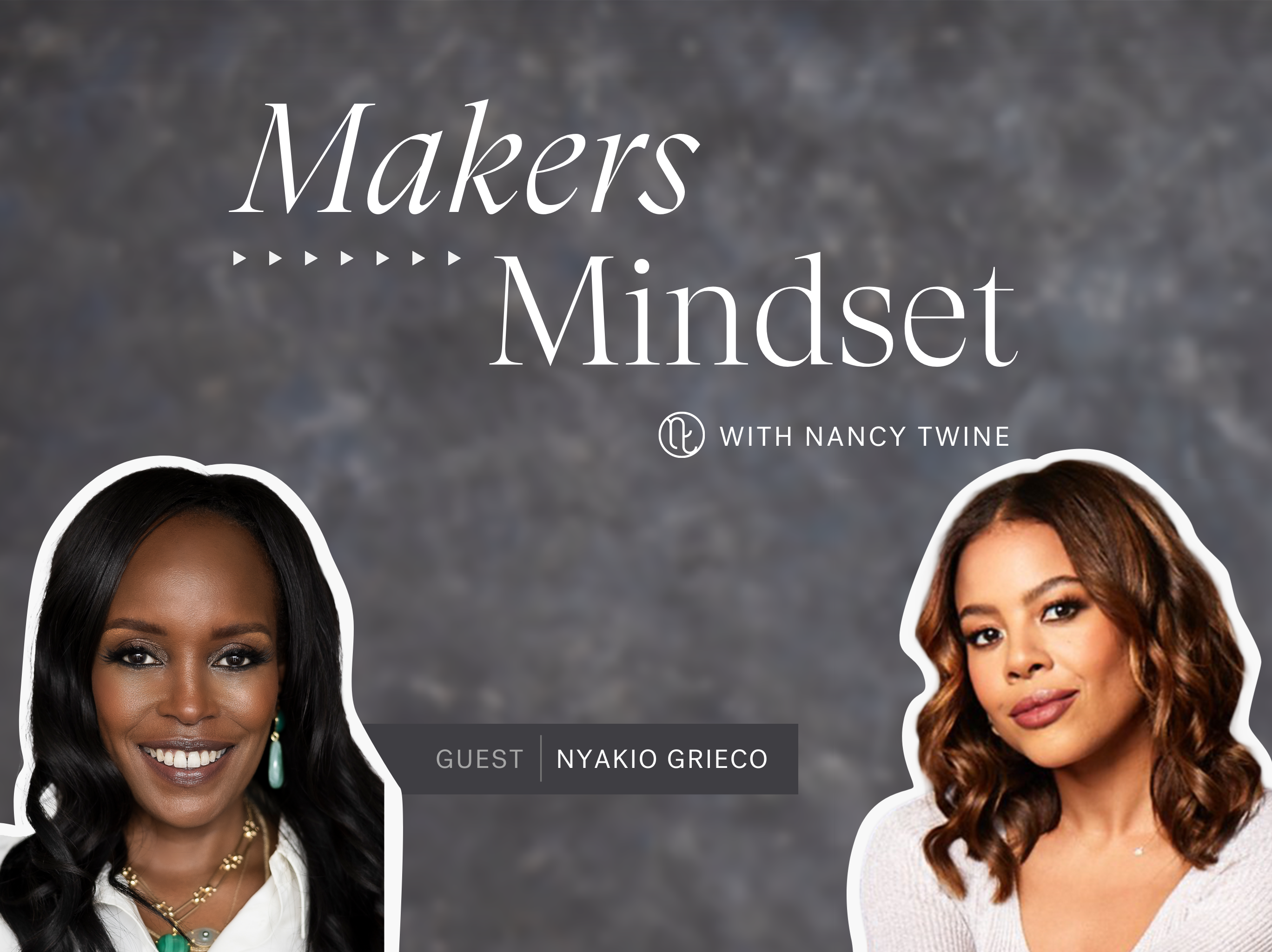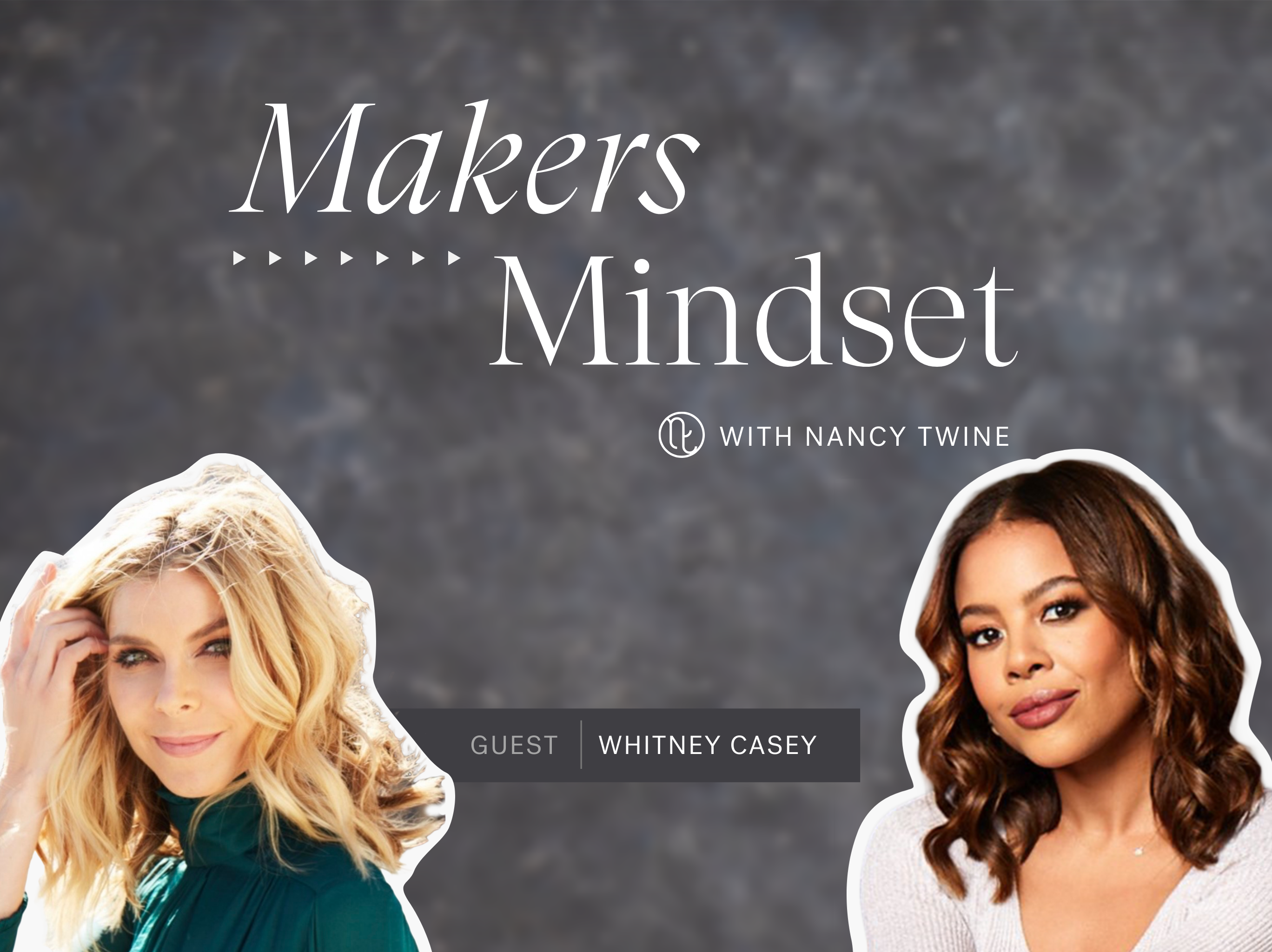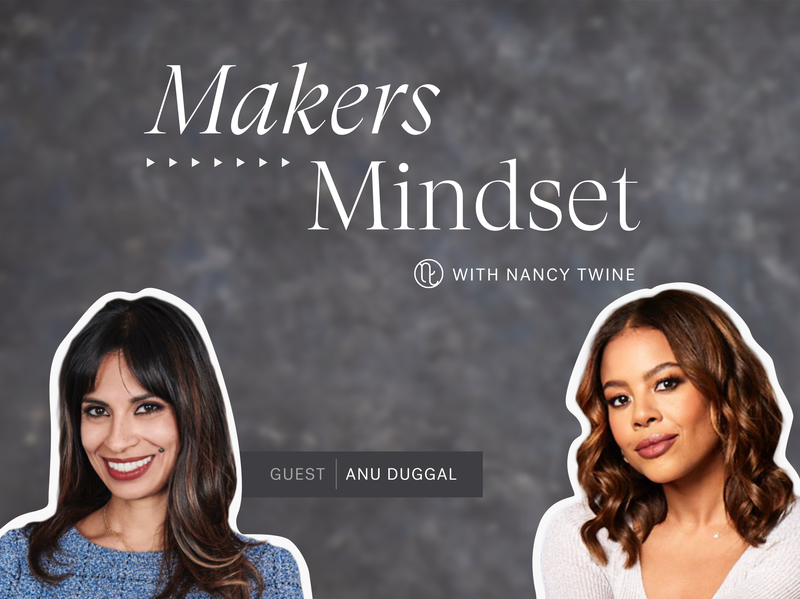Navigating the business world as an entrepreneur can be overwhelming. That’s where having a mentor comes in. A mentor can provide valuable guidance, insight, and connections to help you grow personally and professionally. However, finding a mentor can be tricky, and making a bad impression can quickly close doors.
To explore the best way to find a mentor, we’ve turned to Brooke DeVard Ozaydinli. The award-winning host and creator of the Naked Beauty podcast has also built a career at Instagram as a Product Marketing Manager. Her success is shaped by mentorship, and in this article, she’s sharing some of her unfiltered advice for making the most of these promising partnerships.
Why You Shouldn’t Ask Someone to Be Your Mentor
It may seem contradictory, but Brooke’s advice for finding a mentor is never to ask for one. According to Brooke, a direct request for mentorship can feel forced and vague. A mentor can feel pressured to define the perimeters of the mentorship, creating anxiety around long-term commitment and overextension.
How to Find a Mentor
Instead of directly requesting mentorship, Brooke says mentees should focus on three main points to plant seeds for a genuine relationship:
1. Have a specific and relevant ask
Mentors have tight schedules and limited availability. Brooke encourages mentees to keep this in mind when reaching out.
“Acknowledge that busy people are busy,” Brooke shared with Nancy Twine. “Make your ask very short and to the point so you can specifically communicate what you hope to get out of the conversation.”
Rather than formally asking for mentorship, seek advice for an issue you’re experiencing. Tailor your question to the expertise or interest of your potential mentor.
Once you receive and apply their point of view, circle back with the outcome of their advice. Your effort to follow up extends the relationship further, and your mentor will be thrilled their advice left a positive impact.
2. Secure a time and location
When connecting with a potential mentor, include how and when you’d like to work through your request. Creating a structured framework empowers your mentor to decide whether or not they can invest their time.
“Ask: ‘Do you have 30 minutes on Zoom? I’ll send you everything ahead of time,’’ Brooke explains. Mentees who set clear expectations around time commitments relieve the pressure on mentors who may not be able or willing to commit to long-term or regularly scheduled meetings.
“Mentee tip: Use your short-term interactions to evaluate your compatibility with your potential mentor. Who you admire from a distance may not be the right fit for a longer-term mentorship or your specific career goals.” – Nancy Twine
3. Make the mentorship mutually beneficial
Mentorship is an arrangement with advantages for both parties. Like any relationship, an exchange of energy and effort is required to sustain the connection. Many mentees underestimate their value to senior or more established professionals, but Brooke says mentees must recognize and leverage their unique positions.
“I’m such a big proponent of reverse mentoring. You always have so much to offer more senior executives or entrepreneurs.” Brooke believes mentees are advisers, too. “Often, mentors may be older or so high level that they need insights from people on the ground. This is your opportunity to educate your mentor about how people within your segment or closer to your lived experience perceive the culture, economic forces, brand, or sector they’re in. That’s tremendously valuable.”
Mentorship is not a Monolith
One key element to mentorship is recognizing it comes in many forms. Some mentors will be senior and more seasoned. Others may have a different or interesting approach to business or relationships. Having mentors with varied backgrounds and skill sets can help entrepreneurs develop a broader understanding of their industry and identify new growth opportunities.
“I’ve had several mentors within my corporate journey, and the common theme is that they’ve been doing something amazing at the company that stood out to me,” Brooke shares that curiosity is the key to advancement. “Everywhere I’ve worked, when people stand out and are doing amazing work, I seek them out to understand why and how they were able to pull it off. It’s rarely been based on their position in the company because your position doesn’t mean you’re doing interesting work. Find who’s making a cultural impact, and ask how they make it happen.”
Whether it’s someone with years of experience in the industry or a successful entrepreneur who has already been through the ups and downs of starting a business, having a mentor can be a valuable asset to any entrepreneur. If you’re an entrepreneur seeking to take your business to the next level, finding a mentor to guide you on your journey is worth considering.
Ready to connect with a mentor? Book a session with Nancy and download this free email guide with tips and examples!




